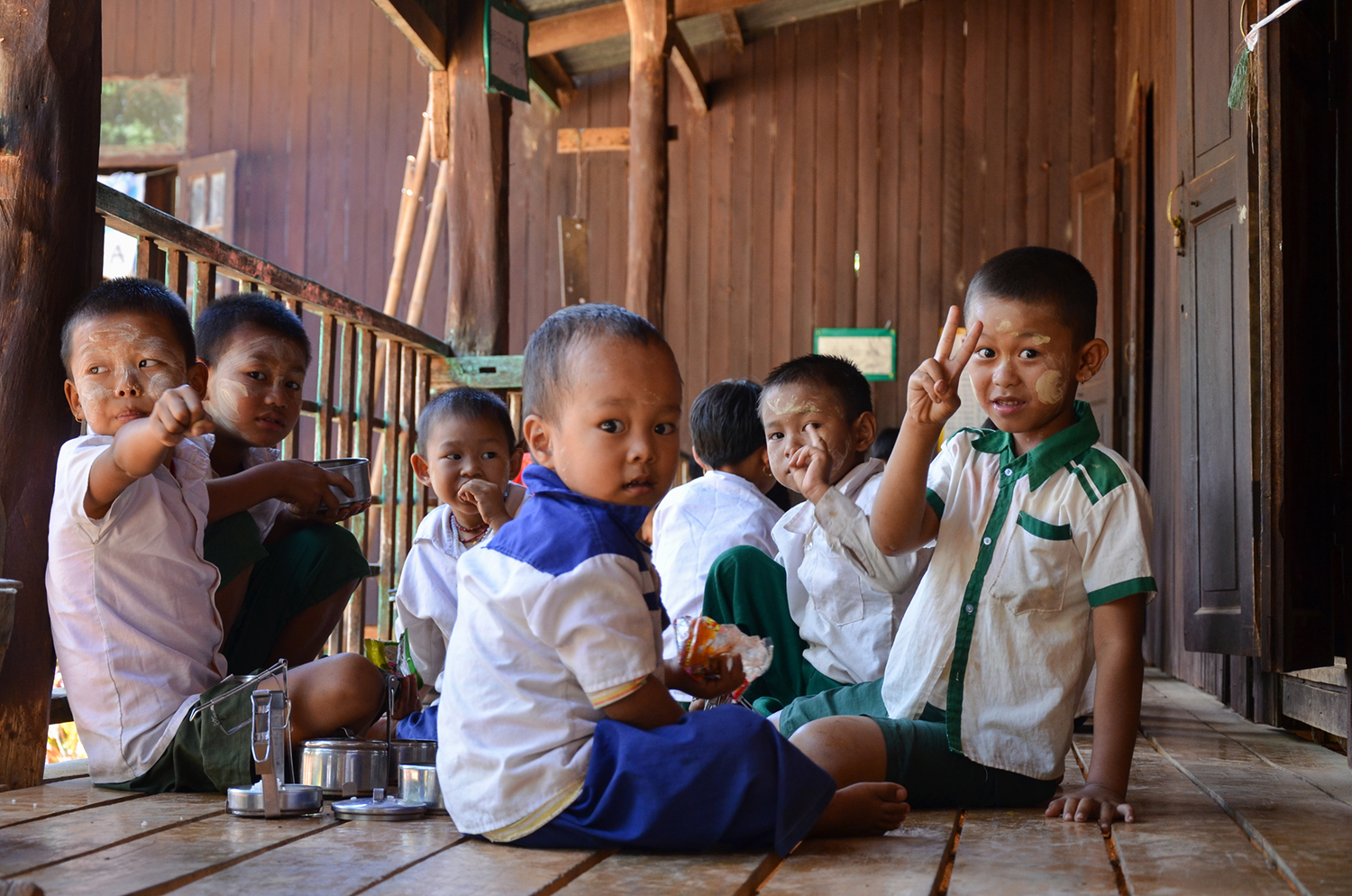Peacebuilding & violence prevention elements in the curriculum of programs
Introduction
How best to incorporate “Peacebuilding and Violence Prevention” elements within the Curriculum of Programs is being implemented by UNICEF and other international organizations (e.g., The International Rescue Committee ; The Global Partnership for Education). Partnership with the Early Childhood Development Action Network (ECDAN) seeks to incorporate elements that will enhance social cohesion in families and communities in early childhood development programs that are being implemented across the globe.
Helping children live in peace, free of violence and fear, is central to the work of the ECPC and to the work of UNICEF.
Indeed, UNICEF is present in conflict and post-crisis situations. It is a vital actor in addressing the impact of conflict on children and supporting countries to build more stable societies. UNICEF recently launched an intensive effort to integrate peacebuilding into its programs by addressing the underlying factors of conflict and their negative impact on children’s rights. Peacebuilding improves the quality of UNICEF’s programs in conflict-affected areas and builds capacities for more cohesive, peaceful societies. UNICEF is a partner of choice for governments, United Nations entities and non-governmental organizations engaged in national peacebuilding planning and policies. As part of its strategic plan for 2014–2017, UNICEF worked to strengthen its best practices in social service delivery and peacebuilding to support countries in assessing and managing risks.
If nations do not invest in services that address the root causes of conflict and promote peace, there is a higher risk of current and future generations relapsing into war. Yet, while equitable access to social services is a priority area, education is often not prioritized in national peacebuilding plans.
UNICEF’s work to enhance access to safe, quality education, protection and development opportunities for youth offers crucial contributions to peace. While UNICEF is strategically involved in identified peacebuilding areas, its niche in social services can produce tangible results for communities recovering from crises.
Why education for peacebuilding?
Education is crucial to peacebuilding and to fostering more cohesive societies. Education is arguably the single most transformative intervention that can touch every citizen, female and male, when it is equitably available, of good quality, relevant and conflict-sensitive. It forms the bedrock of a country’s economy, good governance, gender equality, identity and culture.
The contributions of education to peacebuilding are wide ranging.
Access to a quality education is a right that should be maintained even in the most difficult circumstances. Education protects children from violent conflict and can create safe and secure learning environments. In the midst of conflict, education has an important role in providing protection and establishing a sense of normalcy. For example: ‘Schools as Zones of Peace’ in Nepal has been a successful model for keeping schools open despite civil unrest.
Life skills training is often used to promote health and hygiene. It is particularly successful when based on subjects that students can apply to their everyday lives. Education is central to identity formation, promotes inclusion and contributes to state building.
The above excerpts are reprinted from The UNICEF Learning for Peace issue and advocacy brief, Peacebuilding, Education and Advocacy Programme, with permission from UNICEF Learning for Peace.
Relevant information
1. UNICEF. (2016). Peacebuilding, Education and Advocacy in Conflict-affected Contexts Program. UNICEF Program Report 2012-2016.
2. UNICEF. (2014). Peacebuilding, Education and Advocacy in Conflict-affected Contexts Program Compilation of Tools for Measuring Social Cohesion, Resilience, and Peacebuilding.
JOIN THE CONVERSATION
For breaking news and to stay connected, follow us on social media. Sign up to get our E-News delivered straight to your inbox.


